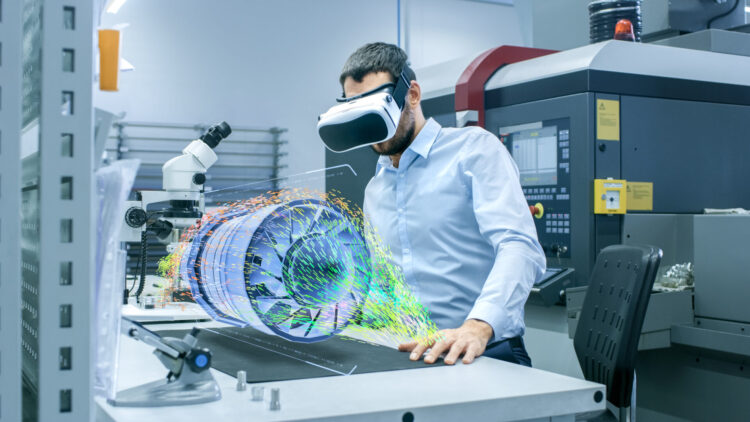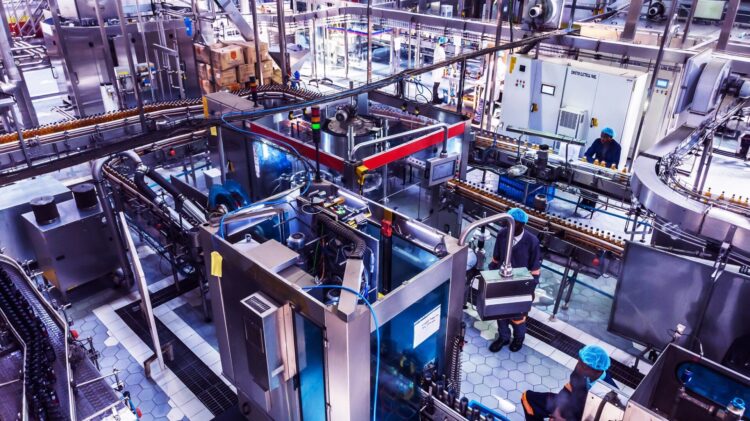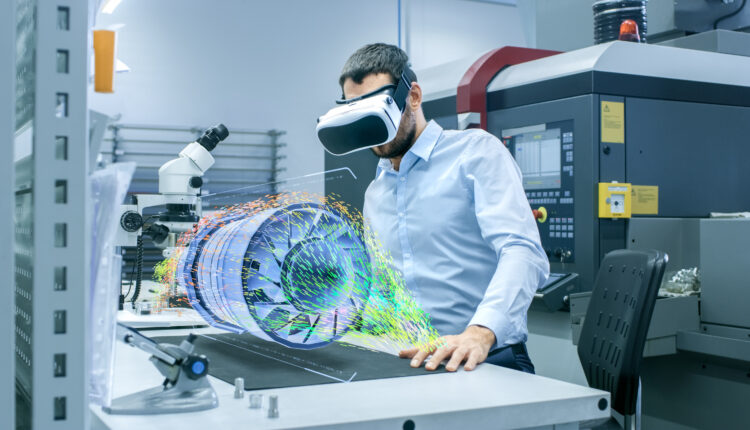Digital investment ‘saved jobs’ during COVID-19
New report from the University of Liverpool found almost 80% of North West businesses have increased investment in digital technology during COVID-19 – and saved jobs. Tony McDonough reports

Businesses in the North West have accelerated their investment in digital technology during the COVID-19 pandemic – and says it has helped them to avoid job cuts.
A new report from the University of Liverpool found almost 80% of businesses in the region have increased investment in digital technology in direct response to COVID-19. A quarter have made major digitally-led changes to the way their business operates.
Four in 10 firms say the investment has been vital to retaining jobs, and to the ongoing viability of their business models. The report also includes recommendations from the university’s digital innovation teams on where to begin when formulating a digital strategy.
Entitled A blueprint for digitally driven recovery from COVID-19, the study is based on a survey of North West business leaders from a range of sectors, exploring the drivers behind this increased use, and the barriers to adoption many have overcome.
More than half of businesses which have invested in new digital technology during the pandemic have already seen a return on investment. Almost half of businesses are using more ‘Internet of Things’ devices and sensors.
Many are employing these technologies to reduce human foot traffic in laboratories, manufacturing facilities and supply lines, to adhere to social distancing requirements. Around a third are now using more augmented, virtual or extended reality to support multiple use cases.
These include sales, research and development, and onboarding new staff. Around 10% bolstered existing business models, or developed new products and services, using artificial intelligence, digital twins, additive manufacturing or 3D printing. Of the technologies businesses were most interested in adopting in the future, data analytics came top, with 20% recognising its potential.
Despite the rapid return on investment and vital ability to protect jobs and business models, however, one in four businesses cited a lack of understanding and not knowing where to start as a barrier to adoption for emergent digital technologies. More than half recognised that failing to invest was a major risk to their business’ long-term viability.
Dr Andrew Levers, executive director, Institute of Digital Engineering and Autonomous Systems at the University of Liverpool, said: “Few businesses have been left unchanged by COVID-19.
“One constant between those which have weathered these challenging months effectively, and others which have scaled quickly to capitalise on new demand and markets, has been the effective adoption of digital technology.

“The University’s industry-facing teams within the Virtual Engineering Centre, and the Materials Innovation Factory, have been working with businesses to demystify and de-risk emerging technology for the last decade. Demand for this support has markedly intensified during the pandemic as digital transformation has been mandated for many.”
The University of Liverpool’s industry-facing digital innovation offer is led by the Virtual Engineering Centre (VEC) and the Materials Innovation Factory – two of its most successful hubs of industry-academic collaboration.
It helps businesses accelerate product development, reduce cost and risk in R&D, and collaborate with world-leading academics, with an ‘industry-first’ approach, to move with the pace and agility which commercial research and development demands.
Dr Levers added: “In 2020, new drivers, including safety, regulatory compliance and, for many businesses, the very ability to keep operating, have joined the long-standing factors of productivity and efficiency which have traditionally underpinned interest in digital innovation.
“These new drivers present a more compelling imperative to act, and businesses are harnessing them to catalyse adoption. In doing so, many are not only charting a recovery through COVID-19; they are sparking a wider digital transformation and securing a sustainable competitive advantage for the long-term.”

